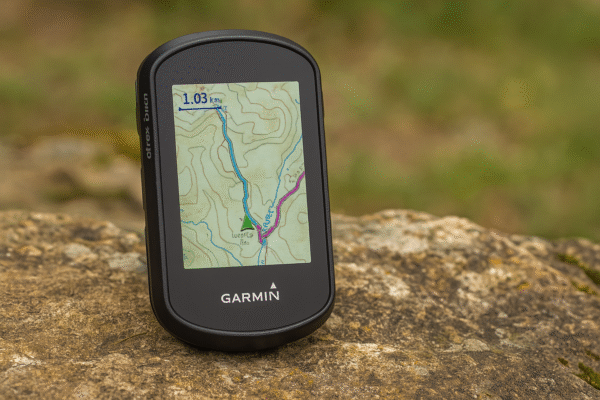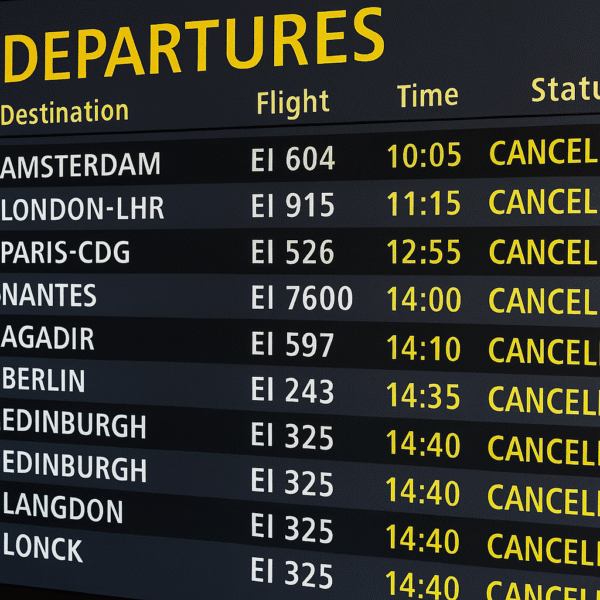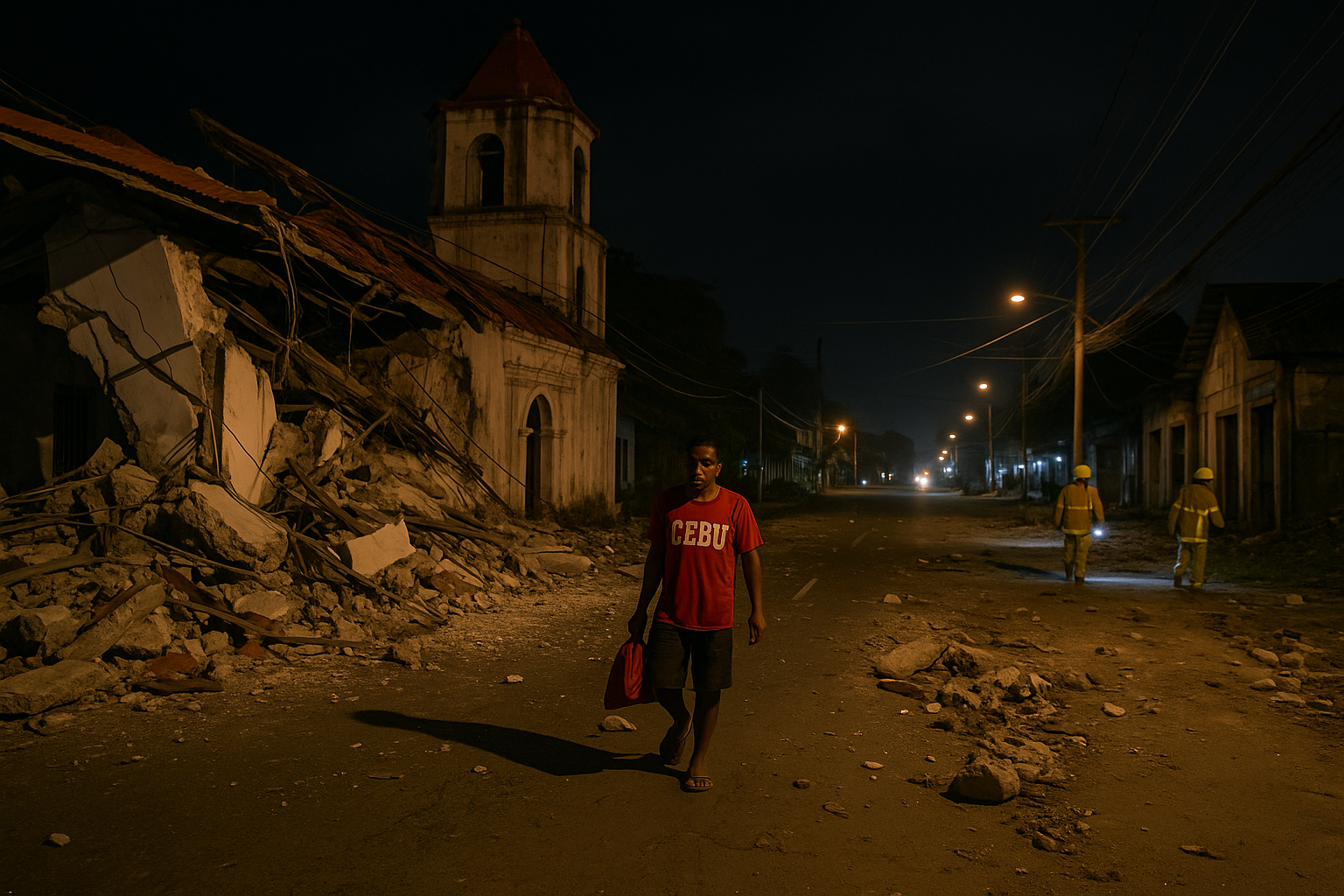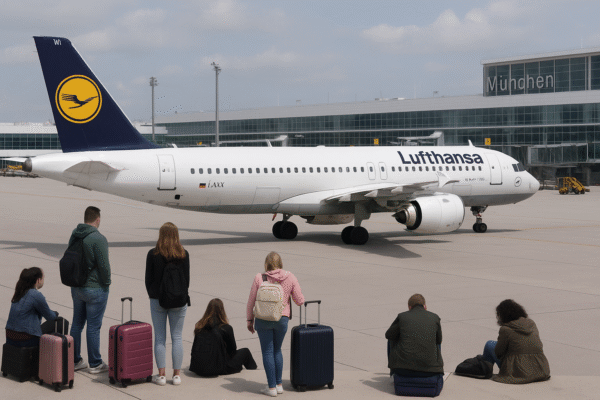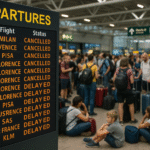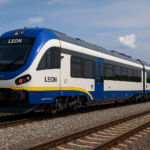Singapore Travel and Tourism Industry to Grow to USD 6.8 Billion by 2033
Singapore’s travel and tourism industry is poised for dynamic growth, with market size projected to surge from USD 4.5 billion in 2024 to USD 6.8 billion by 2033, reflecting a compound annual growth rate (CAGR) of 4.6% between 2025 and 2033, according to the latest report by IMARC Group. This expansion is attributed to changing consumer preferences, digital transformation, sustainability initiatives, and a resilient tourism infrastructure built post-pandemic.
Experiential Travel Takes the Spotlight
One of the most significant shifts driving the Singapore travel and tourism market is the increasing demand for experiential and immersive travel. Today’s travelers seek deeper cultural connections and unique, curated activities that go beyond standard sightseeing. From heritage walks through Kampong Glam and Chinatown to culinary masterclasses spotlighting Peranakan cuisine and local hawker fare, tourists are engaging more meaningfully with Singapore’s diverse culture.
Art installations, music festivals, and community-led workshops are increasingly integrated into destination itineraries, reflecting a broader trend toward personalization and authenticity in travel. These experiences not only elevate the visitor journey but also reinforce Singapore’s position as a multicultural tourism hub in Southeast Asia.
Sustainability Shapes Tourism Investment
Environmental consciousness is another major driver. With growing global demand for sustainable tourism, both the Singapore government and private sector are embedding eco-friendly practices across the tourism value chain. This includes carbon-neutral travel packages, green-certified hotels, conservation-themed exhibitions, and wildlife-friendly city planning.
Singapore Tourism Board (STB) has launched initiatives encouraging green urban infrastructure, low-impact tourism experiences, and energy-efficient accommodations. Travelers are now opting for nature-based attractions such as the Sungei Buloh Wetland Reserve, Pulau Ubin, and Gardens by the Bay’s Sustainable Garden Rhapsody, showcasing the city-state’s eco-tourism potential.
Rise of the Digital Nomad and Bleisure Traveler
With remote work reshaping global workforce habits, Singapore is becoming a key destination for digital nomads and extended-stay travelers. Thanks to strong internet infrastructure, efficient public transport, and co-working-friendly cafes, the Lion City attracts tech-savvy professionals blending business with leisure—also known as “bleisure” travel.
Co-living spaces, serviced apartments, and hybrid accommodations are on the rise. The government has acknowledged this segment’s potential, supporting visa flexibility and promoting long-stay urban packages, particularly in Central and West Singapore.
Tech-Driven Travel Experience and Smart Tourism
Singapore’s status as a smart nation is evident in its tourism innovations. Travelers are now welcomed with contactless hotel check-ins, touchless payment systems, AI-driven concierge services, and real-time itinerary updates via mobile apps. These technologies, initially designed to support safety during COVID-19, are now critical tools enhancing the tourist experience.
Virtual and augmented reality tools offer interactive previews of attractions like Sentosa Island, Marina Bay Sands, or the National Gallery, while AI-enabled personalization platforms allow travel companies to curate custom experiences based on user preferences and behavior.
Luxury and Family Tourism Still Booming
While the experiential and sustainable sectors gain momentum, luxury tourism remains a stronghold. Singapore continues to attract high-net-worth individuals seeking bespoke services, including private yacht charters along Marina Bay, exclusive dining with Michelin-starred chefs, and VIP event access such as Formula 1 Singapore Grand Prix hospitality suites.
On the other end of the spectrum, family tourism remains vital. Resorts and attractions like Universal Studios Singapore, River Wonders, and Adventure Cove Waterpark are increasingly tailoring services to multi-generational groups, integrating learning, leisure, and accessibility.
Tourism Market Segmentation and Regional Insights
The IMARC report segments Singapore’s travel and tourism market into:
- Type: Domestic, Inbound, Outbound
- Service Offering: Ticket reservation, hotel booking, holiday/tour packages
- Purpose of Visit: Business, leisure, education, medical, social activities
- Booking Channel: Online portals, travel agencies, tour companies
- Regional Focus: North-East, Central, West, East, and North
With the Central and East regions continuing to dominate due to airport proximity and key attractions, growth is also anticipated in suburban areas like the West region, where infrastructure development is enabling tourism spillover.
Resilience and Flexibility: Post-COVID Reset
Singapore’s recovery from the pandemic has reinforced its tourism model with a focus on resilience and adaptability. Travel insurance integration, flexible cancellation policies, and hybrid events are now standard offerings. The STB has also launched campaigns such as “SingapoReimagine” to revitalize global interest and showcase its future-ready tourism narrative.
The industry’s response to market trends—whether by offering extended-stay incentives, green infrastructure, or digital onboarding—has reinforced Singapore’s reputation as a secure, accessible, and premium destination.
Outlook for 2025–2033
Singapore’s travel and tourism sector is not just recovering but redefining its identity in the post-pandemic era. With USD 6.8 billion forecasted by 2033, the industry’s focus on sustainable tourism, experiential value, and technological integration ensures it remains a leader not only in Southeast Asia but in the global travel ecosystem.
As more international travelers prioritize cultural immersion, ethical tourism, and digital convenience, Singapore is positioned to be at the forefront—offering a safe, vibrant, and ever-evolving travel experience.
For more travel news like this, keep reading Global Travel Wire



